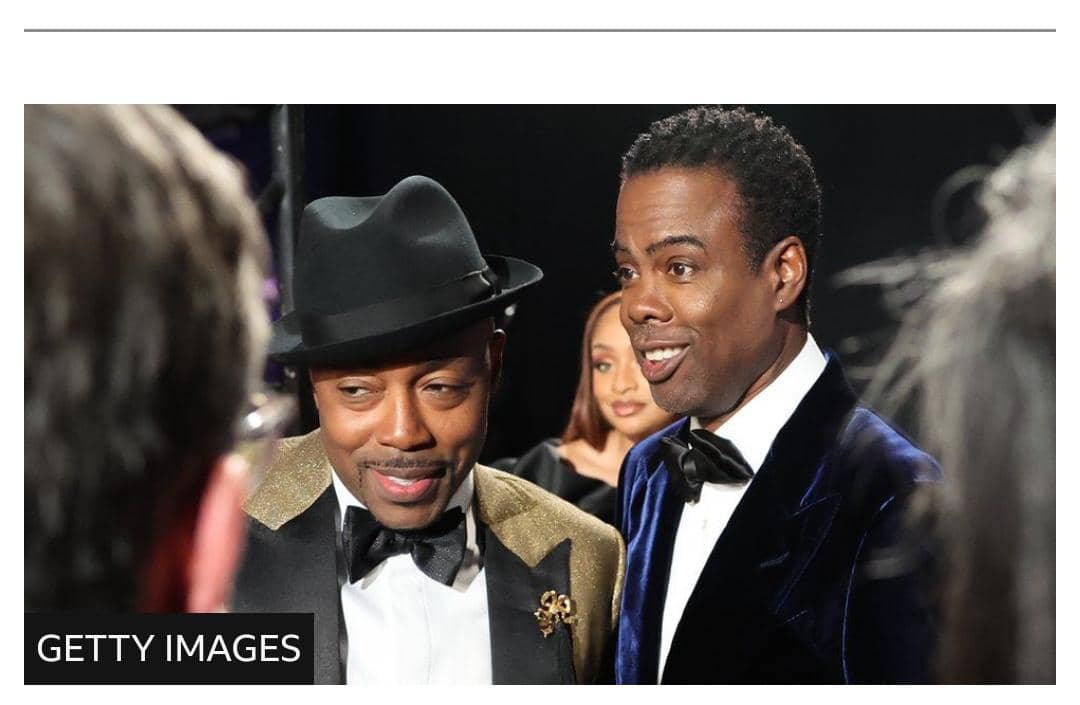In line with the on-going 16 Days of Activism Against Gender-Based Violence (GBV), the Nigeria Association of Women Journalists (NAWOJ), Zone D, tasks the governors of the North Central States, as well as the FCT Administration, to be proactive in the fight against GBV.
The Association says this can be achieved by investing in women and girls, and accelerating actions to end GBV; even as the Association urges First Ladies in the North Central to use their good offices to champion the campaign.
The NAWOJ notes that the international campaign to challenge violence against women and girls runs every year from November 25, the International Day for the Elimination of Violence against Women, to 10 December, Human Rights Day.
NAWOJ notes that more action is needed to ensure women in all their diversity, live free of violence and coercion and calls on government at all levels to key into the UNiTE campaign theme: Invest to Prevent Violence against Women & Girls.
While advocating increased awareness about GBV, challenge of discriminatory attitudes, and improved laws and services to end GBV; NAWOJ maintains that efforts should include strengthening women and women groups by scaling up funding; focus on survivors and frontline responders, as well as address patriarchy and the root causes of the menace in our society; collect more.and better data on GBV.
The Zone commends the leadership of NAWOJ in the North Central on their activities to mark the 16 Days of Activism and urges sustained campaigns beyond December 10, in order to ensure GBV is curbed and women and girls are protected from the menace.
UN Women record indicates that globally, an estimated 736 million women, almost one in three, have been subjected to physical and/or sexual intimate partner violence, non-partner sexual violence, or both at least once in their life, 30 per cent of women aged 15 and older. This figure does not include sexual harassment.
Similarly, the Nigerian Demographic and Health Survey (NDHS) found that 9 per cent of women aged 15 to 49 had suffered sexual assault at least once in their lifetime and 31 per cent had experienced physical violence.
This is as health impacts of violence can last a lifetime, affecting physical, mental, sexual, and reproductive health hence the campaign provides an important opportunity for governments and other actors to take stock of progress and live up to their commitments.




